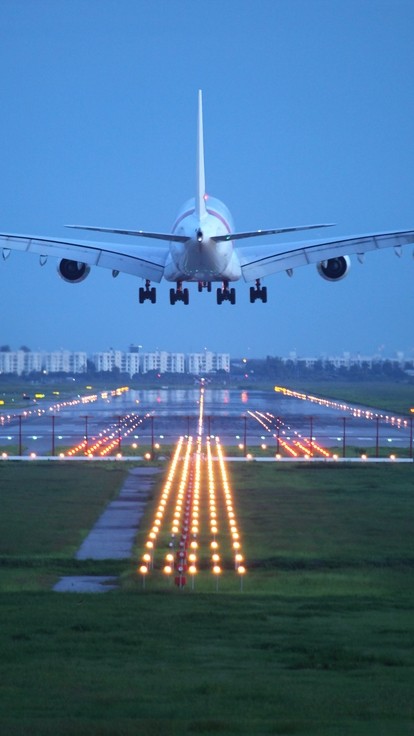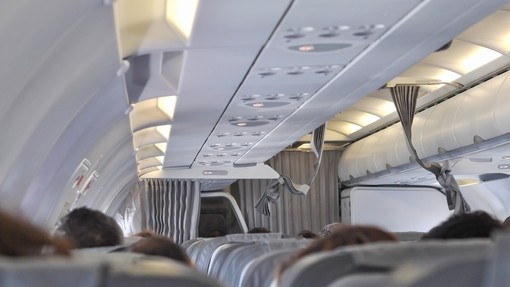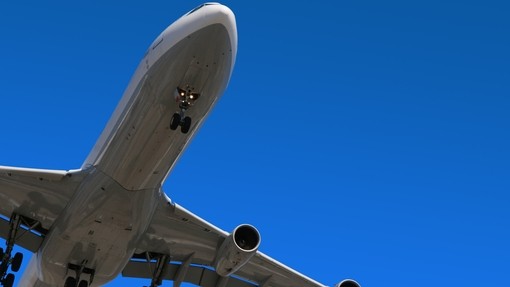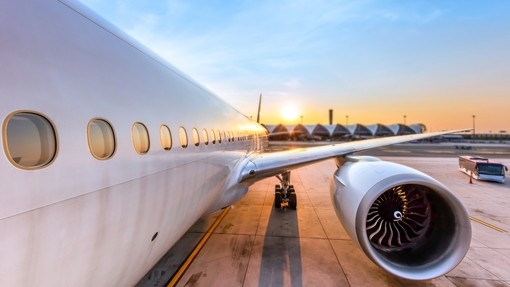UK Court of Appeal rules that non-EU airlines operating connecting flights into or out of the EU are liable to pay compensation for delay

Details
On 12 October 2017 the court of appeal found against Emirates Airline (Emirates) in joined claims brought by Miss Gahan and the Buckley family, ordering the carrier to pay compensation for delay under Regulation EC 261/2004 (EC261). It considered the overall delay, accumulated on both legs of their journeys, which the plaintiffs had suffered in arriving at their final destination more than thirteen and sixteen hours late respectively.
The cases originated in Liverpool County Court and the appeal attracted submissions from both the Civil Aviation Authority (CAA) and International Air Transport Association (IATA). The court of appeal addressed questions of whether the second leg of the journey, each one out of and into a non-EU airport, should be eligible for EC261 compensation, of jurisdiction and of interaction between EC261 and the Montreal Convention 1999 (Montreal Convention).
In awarding the full amount of EC261 compensation available to the claimants, the Court of Appeal took the directly connecting flights together to determine whether the delay to the passengers in reaching their flight destination (upon arrival of the last flight) triggered the airline’s liability under EC261. This was particularly relevant to the Buckley family’s claim. Although their Manchester-Dubai flight was delayed by less than three hours (just over two hours in fact), they arrived at their final destination (Sydney) over 16 hours late. This is consistent with the decision in C-11/11 Air France -v- Folkerts [2013] and the EC261 Interpretative Guidelines. Whether the carrier is EU or non-EU registered is irrelevant if the first flight departs from an airport located in a member state.
Since the flights departed a member state airport therefore, the court of appeal rejected Emirates’ lack of jurisdiction argument by virtue of the fact that the airline operates within the EU at its airports. The court also declined to consider whether Montreal Convention, not EC261, should govern the non-EU part of the journey. It referred to Stott -v- Thomas Cook [2014] and the primacy of EU law in determining compatibility of EC261 with the Montreal Convention and C-581/10 Nelson -v- Lufthansa [2012] in which the Montreal Convention’s damages regime and EC261’s fixed compensation regime are not mutually exclusive.
The judgment supplements the CAA’s enforcement action that it took against Emirates and four other airlines about EC261 compensation in February 2017. In a press release, the CAA welcomed it in the interests of consumer protection. It remains to be seen as to whether non-EU carriers will adapt their connecting flight services and require two separate bookings. This might remove such liability or otherwise limit it to the flight operating out of or into the EU only. Operationally, passenger transit times might become longer, providing it is commercially viable to do so when competing with direct flights.
Please do not hesitate to contact us for further information about airline liability under EC261.






